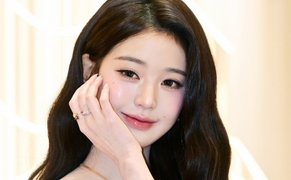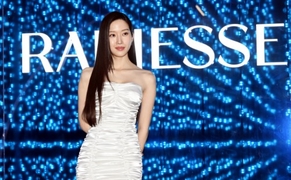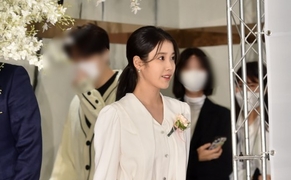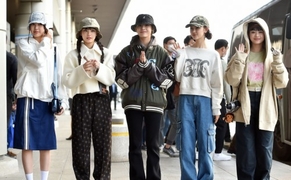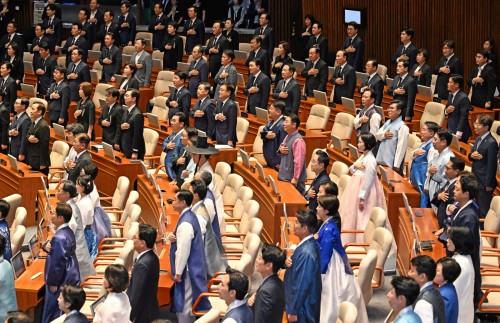 |
| Lawmakers attend the opening ceremony of the regular parliamentary session at the National Assembly in Seoul on September 1. Democratic Party lawmakers wore traditional hanbok, while ruling People Power Party members appeared in mourning attire with ribbons reading “In mourning for parliamentary democracy.” / Photo by Song Ui-joo |
The 100-day regular session of the National Assembly opened on September 1 with sharp partisan theatrics. Members of the ruling People Power Party (PPP) attended in black mourning attire bearing ribbons protesting the government and ruling bloc, while Speaker Woo Won-shik and Democratic Party of Korea (DPK) lawmakers donned hanbok for the opening ceremony — a visual clash that underscored deep political divides.
The session will feature key political battles: party leaders’ speeches on September 9–10, government questioning from September 15–18, October’s parliamentary audits, and December’s budget review.
The first flashpoint will be a vote on the arrest motion for PPP lawmaker Kwon Seong-dong, expected as early as next week. Both sides are bracing for confrontation, framing the issue as either “shielding lawmakers” or “political maneuvering.”
Another contentious stretch begins September 2 with a “super week” of confirmation hearings. Nominees Choi Gyo-jin for deputy prime minister and education minister, and Won Min-kyung for gender equality minister, face scrutiny over various allegations.
In his opening speech, Speaker Woo called for cooperation, saying, “Even amid conflict and confrontation, politics must get things done. Parliament must provide stability and reassurance for the people.”
The DPK aims to push ahead with its three major reform agendas — abolition of the prosecution office, judicial and media reforms — along with 224 priority bills. Party leader Jung Chung-rae stressed, “If we lose the moment for reform through resistance, regression will follow. We will not miss the golden time for reform.”
By contrast, PPP floor leader Song Eon-seok declared the opposition’s stance as “a renewed determination to resist the dictatorial politics of the Lee Jae-myung administration.” The PPP has also branded the 728 trillion won budget proposal for 2026 as a “debt-ridden budget” and vowed to demand cuts during deliberations.
Most Read
-
1
-
2
-
3
-
4
-
5
-
6
-
7

















